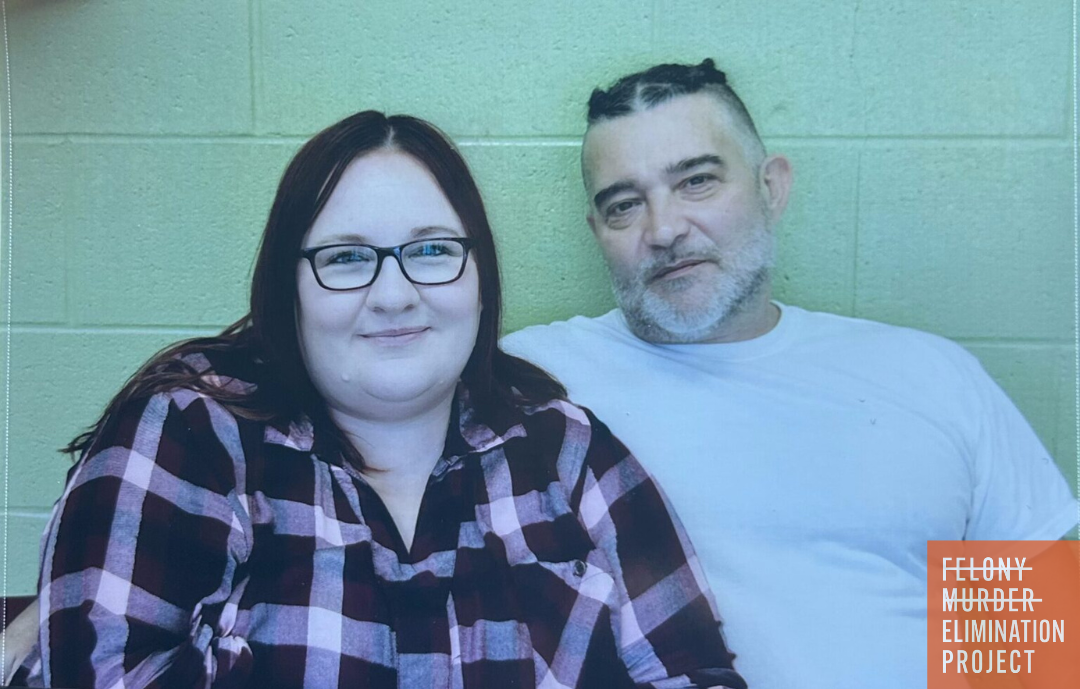Cal Matters: SB 672 - Opportunities for Second Chances
State Senator Susan Rubio; SB 672 an "opportunity to demonstrate their growth and rehabilitation.”

The Youth Rehabilitation and Opportunity Act (SB 672), authored by Senator Susan Rubio (SD22 - Los Angeles & San Bernadino counties), would allow Californians sentenced to LWOP for a controlling offense that occurred when they were 25 years of age or younger an opportunity to go before the Parole Board after serving 25 years of their sentence. This bill is an essential step in recognizing that individuals serving LWOP deserve a second chance.
Democratic lawmakers agreed to hold SB 672 in the Assembly until 2026, giving them time to refine the proposal.
The United States is the only country in the world that permits youth to be sentenced to life without parole. Sentencing children to die in prison is condemned by international law. For children (as well as adults), a sentence of life without parole is cruel, inhumane, and denies the individual’s humanity. For children, the sentence also defies law and research confirming that youth are different than adults and must be treated differently by our legal system. Yet thousands of young people have been sentenced to die in prison across the country. Additionally, Black and Brown youth are disproportionately sentenced to life without parole and other extreme sentences. Addressing the extreme sentencing of youth is pivotal in the fight for racial justice.
Research shows that most youth will naturally grow out of criminal behavior by their mid-twenties. Life without parole and other extremely lengthy sentences keep youth in prison well past the point at which they have been rehabilitated and well beyond any reasonable risk of re-offending. Additionally, a number of state supreme courts, including to Washington, Massachusetts, and Michigan, have applied this research to determine that life without parole sentences for youth up to 21 violate their own state’s constitutional protections against cruel or unusual punishment.
A feature in CalMatters discusses the case of Nathan Gould in context of SB 672. Gould is among more than 5,000 people in California prisons serving life without parole sentences that all but guarantee they’ll die incarcerated. And more than half — roughly 2,800, including Gould — committed their life crimes while they were under age 25, according to the Sentencing Project.
Senator Rubio made note of an important provision of SB 672. "This is not a guarantee of release — so let’s be clear about that. Not a guaranteed release." Rather, SB 672 would simply offer persons a chance at a parole board hearing and review who might not otherwise be allowed to have one.
“Without reservation, in California we have the most thorough process with the most checks and balances than anyone, anywhere,” said Jennifer Shaffer, former executive officer of the Board of Parole Hearings for the last 13 years. She cited Canada as having, perhaps, the only system of parole more rigorous.
“And for the last 10 years, they’ve looked at every single person who’s been released as a result of a grant,” Shaffer continued. “Only two to 4% have gone on to commit any new crime, misdemeanor or felony — and less than 1% have gone on to commit any new felony involving harm to another human being."
“It’s like 99.5% go on to never harm another human being, within three years of release, which is extraordinary.”
You can read the full article, "He confessed to a killing at 21. Is it time for California to give him a second chance?" at the CalMatters website. CalMatters is a nonpartisan and nonprofit news organization bringing Californians stories that probe, explain and explore solutions to quality of life issues while holding our leaders accountable.










